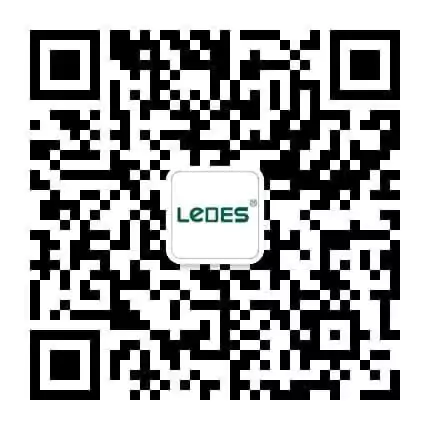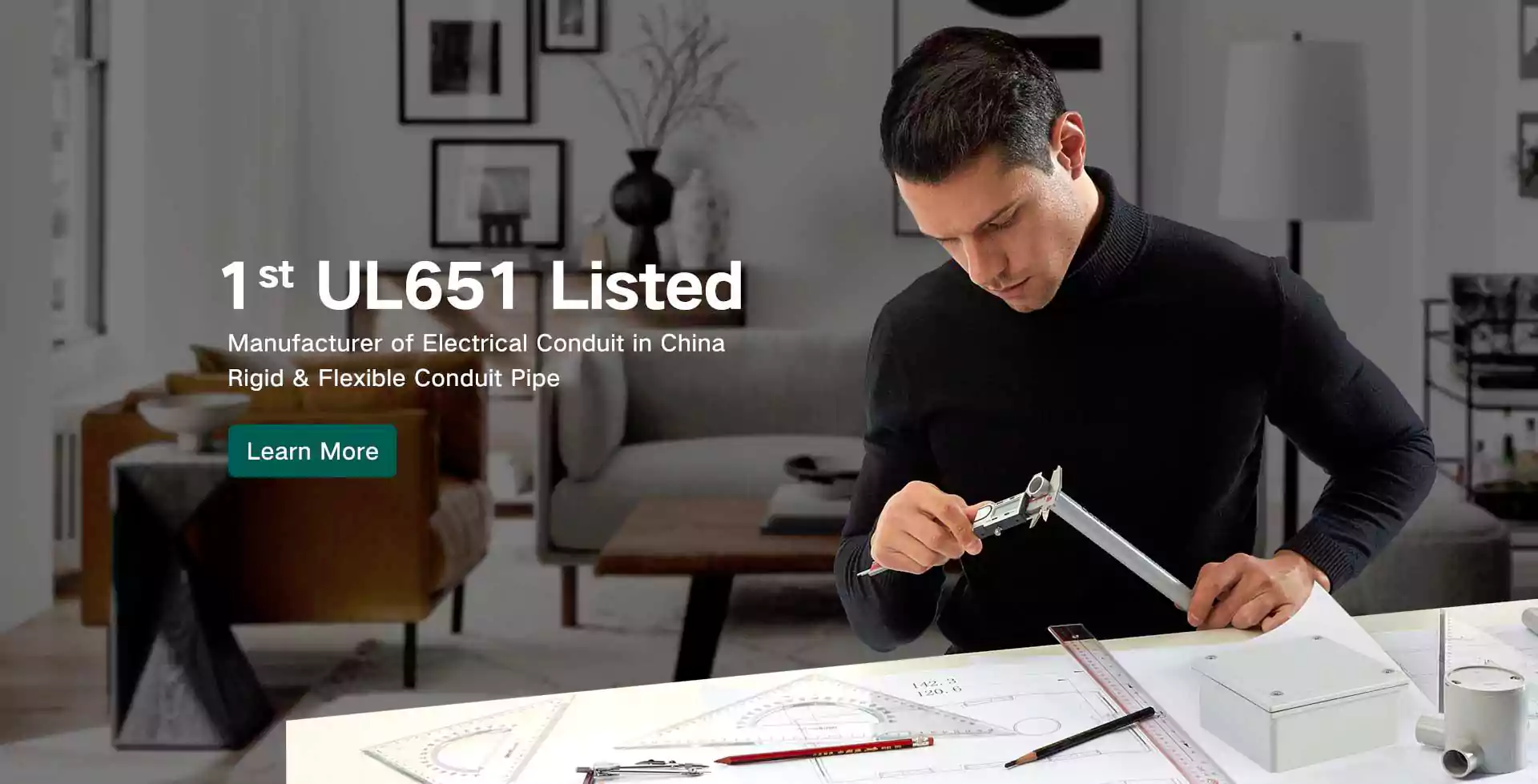
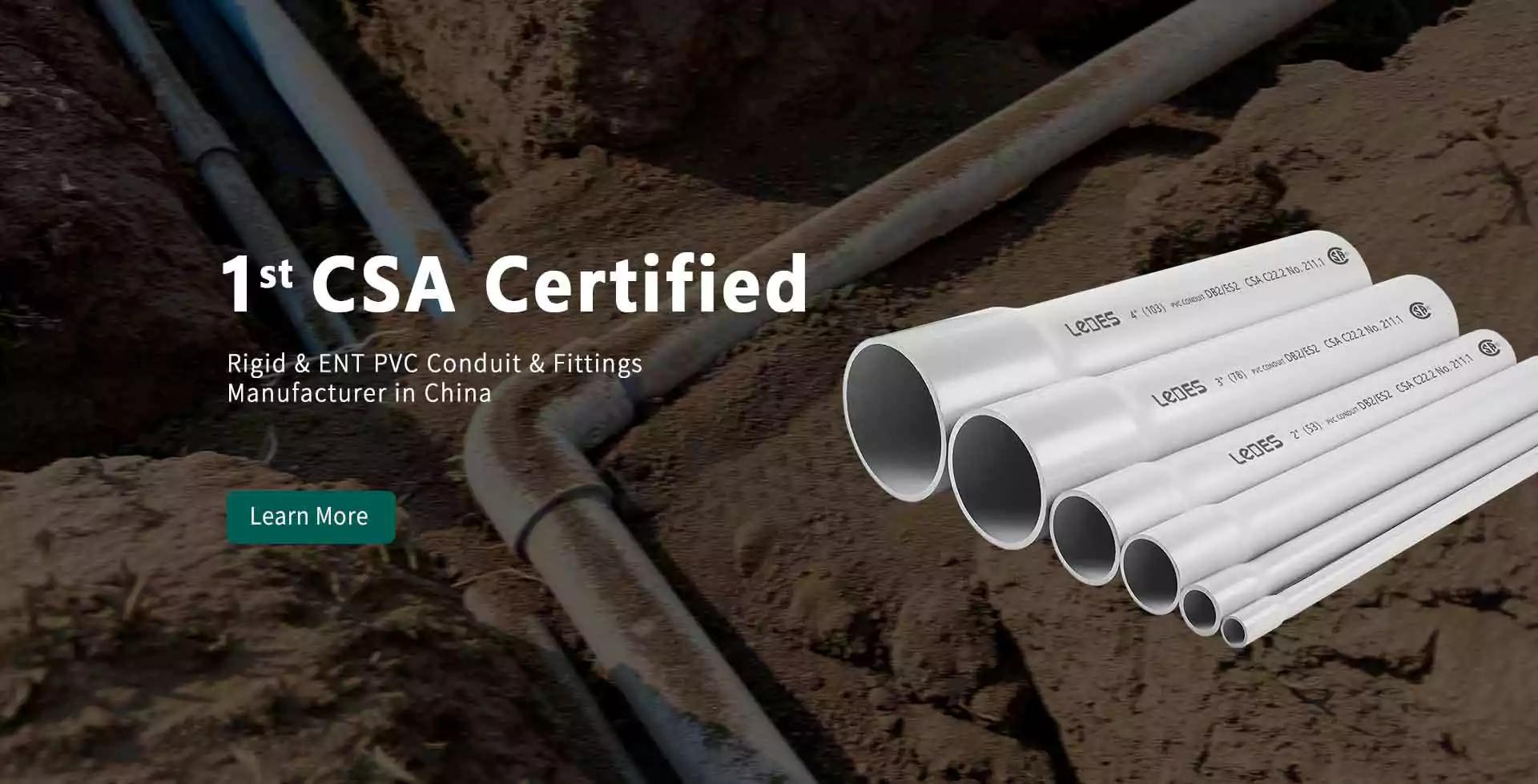
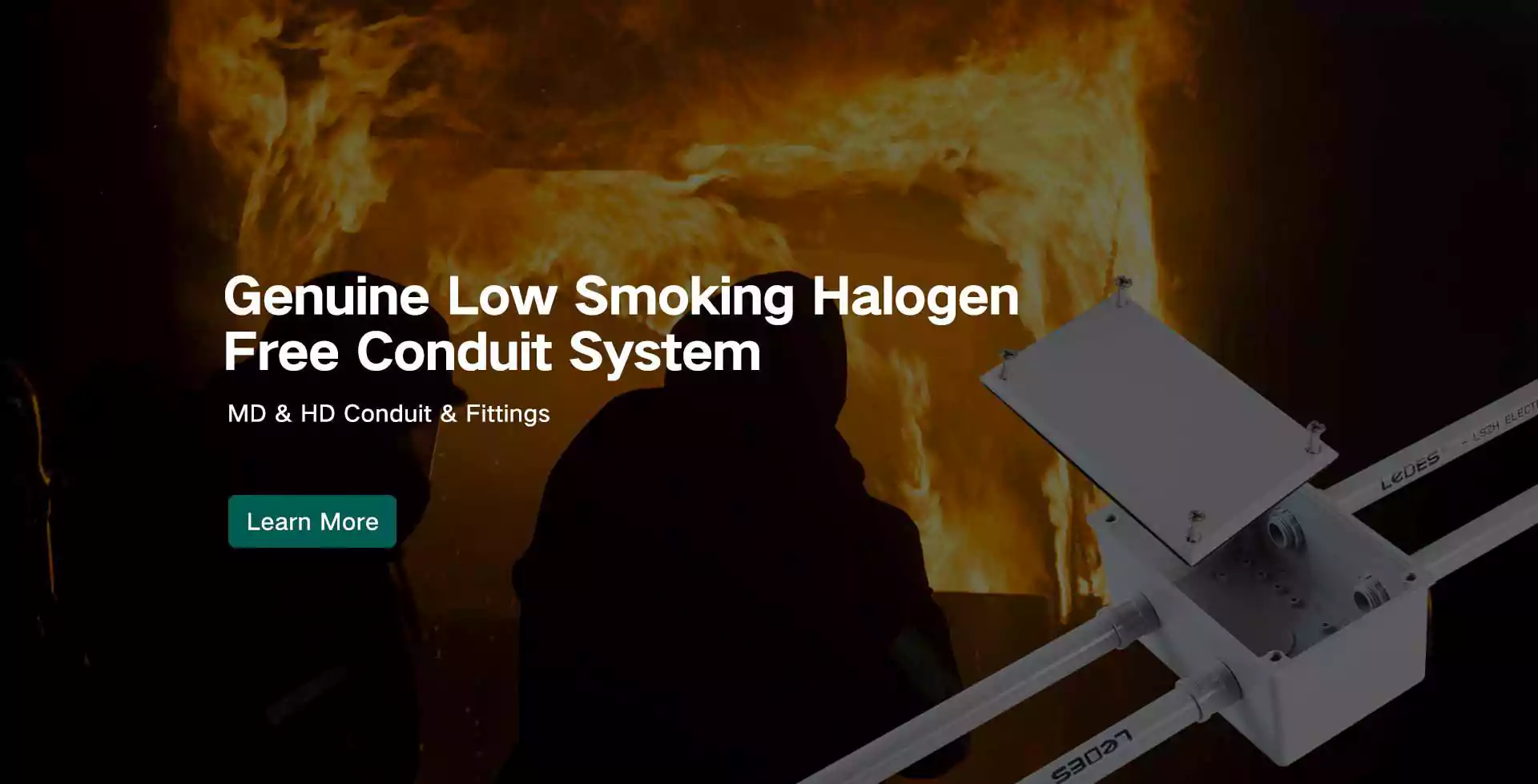
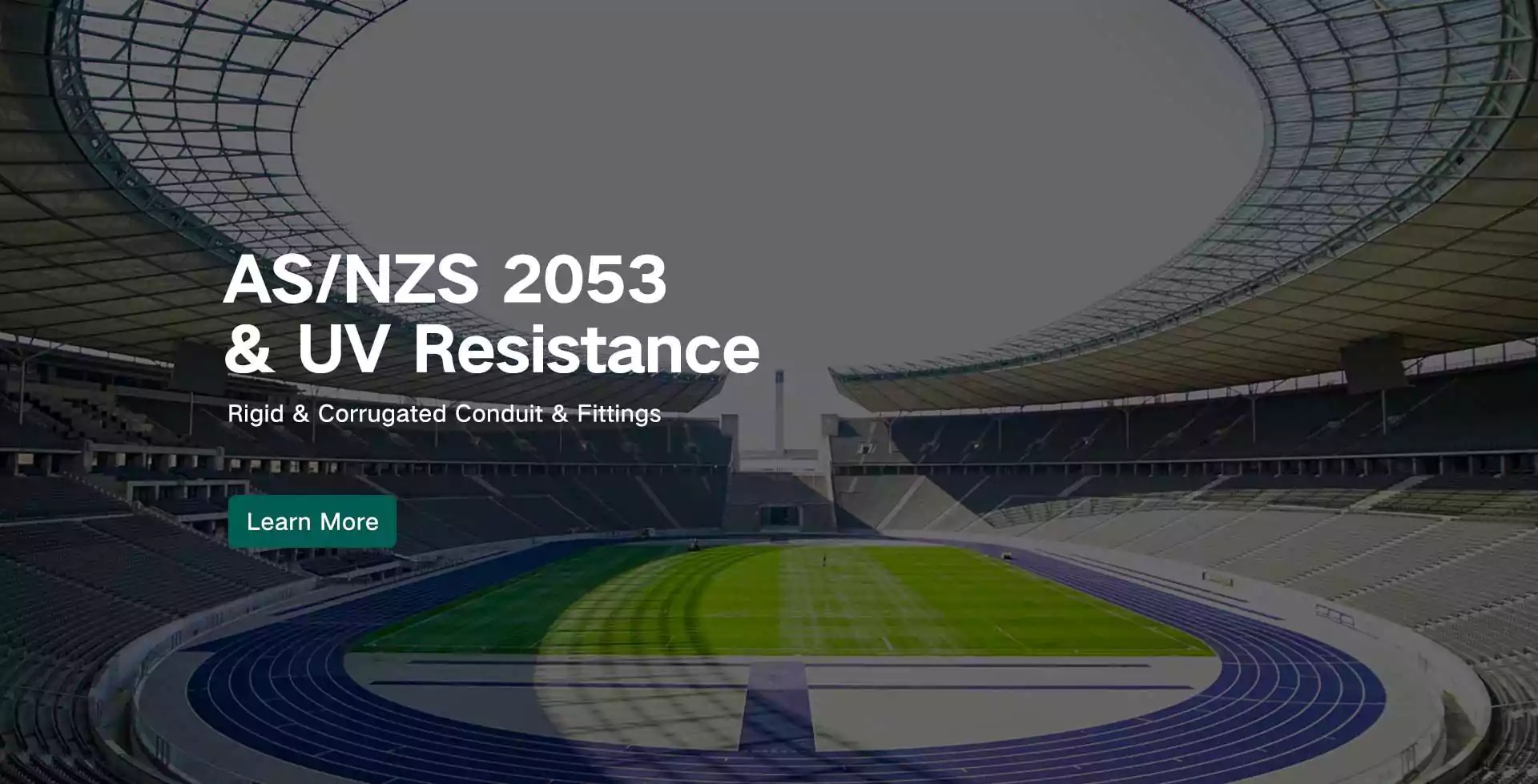

FAQ for CSA Certified Electrical Conduit
On this page, you can view questions about CSA Certified DB2 conduit, rigid PVC conduit, ENT Conduit, and electrical fittings.
We have collected the most common questions in the industry, and you can view them yourself. If you have more questions, don’t hesitate to get in touch with us, and we will decide whether to display them here publicly based on the type of question.
You do not need to do this. You can simply visit the CSA group website and look up listed manufacturers. You can also print the result page; the CSA listed certified is shown on the product.
UL and CSA are third-party authoritative certification organizations that correspond to the American Insurance Laboratory or the Canadian Standards Association. Although both organizations have very high authority, generally, North American buyers have a higher degree of recognition of UL, while Canadian buyers have a higher degree of recognition of CSA. As the two most challenging third-party organizations in the industry certification, they not only have to review the manufacturer’s production equipment and quality testing equipment during the certification period. And it is required to send samples several times for testing to ensure full compliance with the relevant requirements of the specification. Moreover, UL even conducts spot checks on manufacturers occasionally to ensure that they produce according to standard specifications. So that’s why the cost for manufacturers with UL or CSA will be much higher. Therefore, not all manufacturers can pass the certification of UL or CSA, so buyers need to check the certificates owned by the manufacturer and the type of products certified. However, ASTM or NEMA generally do not provide certification services, so we will not discuss them here.
Ledes’s products are CSA FT4 & UL 94V-0 (ASTM D 3801) approved. It means our rigid or ENT electrical PVC conduit will self-extinguishing in 5 seconds after cutting off fire sources. Compared with CSA standard no more than 30s after cutting of fire sources, Ledes is hgher than the standard.
Ledes rigid PVC electrical conduit is CSA C22.2 No. 211.2 certified with an FT4 fire rating and is UL 651 listed. The DB2 rigid PVC conduit is CSA C22.2 No. 211.2 certified with FT4. The ENT tubing is UL1653 and CSA C22.2 No. 227.1 listed with FT4, too.
China is the Country of Origin for the export of Ledes products.
We do not provide CAD file drawings of products. Still, we can provide product catalogs and technical parameter documents, most of which are already available on the download page of our website. You can contact our business engineers for more information if you have other needs.
CSA standards have specify the fire resistance rating for electrical conduit, CSA C22.2 No. 211.0 is the Canadian standard that covers flame tests for wires and cables. This standard specifies the testing methods and performance requirements for various flame ratings, including FT4 and FT6.
Here are the details of the testing methods and assessment criteria:
Rating | Test Method | Assessment Criteria |
FT4 |
Vertical Tray Flame Test | 1.Flame spread distance: The flame should not spread more than 1.5 meters along the sample within 20 minutes. 2. Duration of flame application: The flame should be applied for a duration of 20 minutes. |
FT6 |
Steiner Tunnel Flame Test | 1. Flame spread index (FSI): The FSI value should be less than or equal to 30. 2. Smoke developed index (SDI): The SDI value should be less than or equal to 50. |

